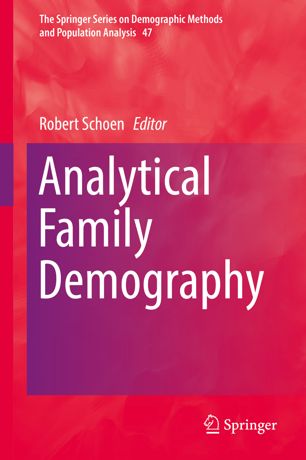

Most ebook files are in PDF format, so you can easily read them using various software such as Foxit Reader or directly on the Google Chrome browser.
Some ebook files are released by publishers in other formats such as .awz, .mobi, .epub, .fb2, etc. You may need to install specific software to read these formats on mobile/PC, such as Calibre.
Please read the tutorial at this link: https://ebookbell.com/faq
We offer FREE conversion to the popular formats you request; however, this may take some time. Therefore, right after payment, please email us, and we will try to provide the service as quickly as possible.
For some exceptional file formats or broken links (if any), please refrain from opening any disputes. Instead, email us first, and we will try to assist within a maximum of 6 hours.
EbookBell Team

4.7
16 reviewsIn this book new mathematical and statistical techniques that permit more sophisticated analysis are refined and applied to questions of current concern in order to understand the forces that are driving the recent dramatic changes in family patterns. The areas examined include the impact of the evolving Second Demographic Transition, where complex patterns of gender dynamics and social change are re-orienting family life. New analyses of marriage, cohabitation, union dynamics, and union dissolution provide a fresh look at the changing family life cycle, emerging patterns of partner choice, and the impact of union dissolution on the life course. The demography of kinship is explored, and the importance of parity progression to the generation of the kinship web is highlighted. The methodology of population projections by family status is examined, and new results presented that demonstrate how recognizing family status advances long term policy objectives, especially with regard to children and the elderly. This book applies up-to-date methods to examine the demography of the family, and will be of value to sociologists, demographers, and all those who are interested in the family.